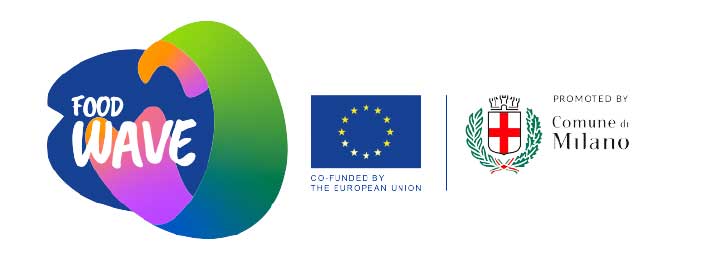
How do you feed a country?
The answer to this question depends on who you ask, and where they are in the food chain: farmer, fisherman or woman, producer, supermarket, consumer...
But who is in charge of that chain? Who sets the rules, determines the laws and grants the exceptions?
In this special feature, we look at food policy. Does the Netherlands need one, who should make it, and what should it look like?
Who is in control of our (changing) food system?
It’s often said that the food industry is in a state of transition. But where exactly does that change come from, and who is driving it?
On the one hand, it comes from below: new companies, activist groups, changing consumer tastes. The complex game of supply and demand never stops, and is perhaps the greatest source of systemic change.
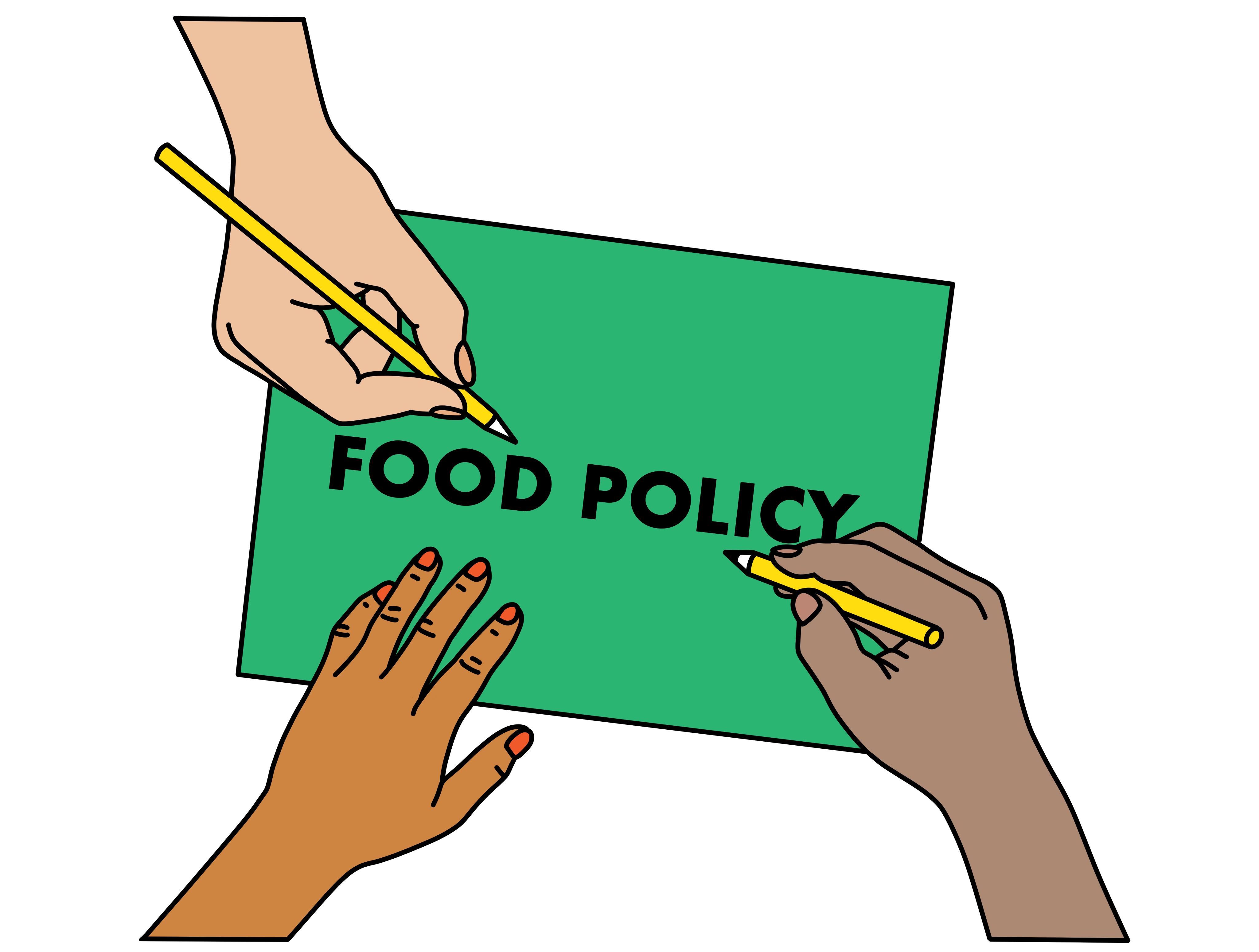
Change comes from
above and below
Food policy:
does it exist?
But ultimately, the big changes must come from politicians. Who determines our food policy? Like many other countries, the Netherlands doesn’t have a separate ministry of food, or an explicit food policy. Instead, it’s broken down into a great many laws and regulations on countless topics: agriculture, policy, nitrogen, nature, sustainability, food safety and security, health, even market forces. But is no one responsible for our food policy? Actually, they are. It’s first and foremost agricultural policy, issued by the Ministry of Agriculture, Nature, and Food Quality.
Farmers and food producers also have to comply with laws and regulations from the Ministry of Economic Affairs and Climate Policy. And consumers – all of us, in other words – are affected by health policy, made and implemented by the ministry of Health, Welfare, and Sport.
Even though we don’t have a ministry for food policy, plenty of political parties have included it as a separate subject in their programmes. There’s no shortage of visions in this country. The parliamentary election of March 2021 was the perfect time to consider what we want our food system to look like, what power politicians have, and which politicians we’d like to give that power to. All the ministries implement policies drawn up by the government. During the elections in March 2021, the parties were more explicit about food than ever before. Advocating a meat tax, or a thorough rationalisation of the livestock population, would have been political suicide ten years ago. For a long time, the Partij voor de Dieren, or Party for the Animals, was the only one that systematically advocated major agricultural reforms. But in 2021, a different wind blew through the political landscape and larger parties such as D66 and GroenLinks were also very vocal about a new agricultural and food system.
In the meantime, Europe also has its finger in the pie: almost all our agricultural and food policies are based on those of the European Union. This is related to twentieth- century history, and the post-war consensus that the continent should never face hunger again. This resulted in the Common Agricultural Policy, which still exists today, and is based on two pillars: income support and rural development. The Netherlands has only an indirect influence on the larger pot of money, income support, through the Council of Ministers and the European Parliament. The individual member states do have a direct say in the rural development policy and budget, but there’s much less money to be distributed.
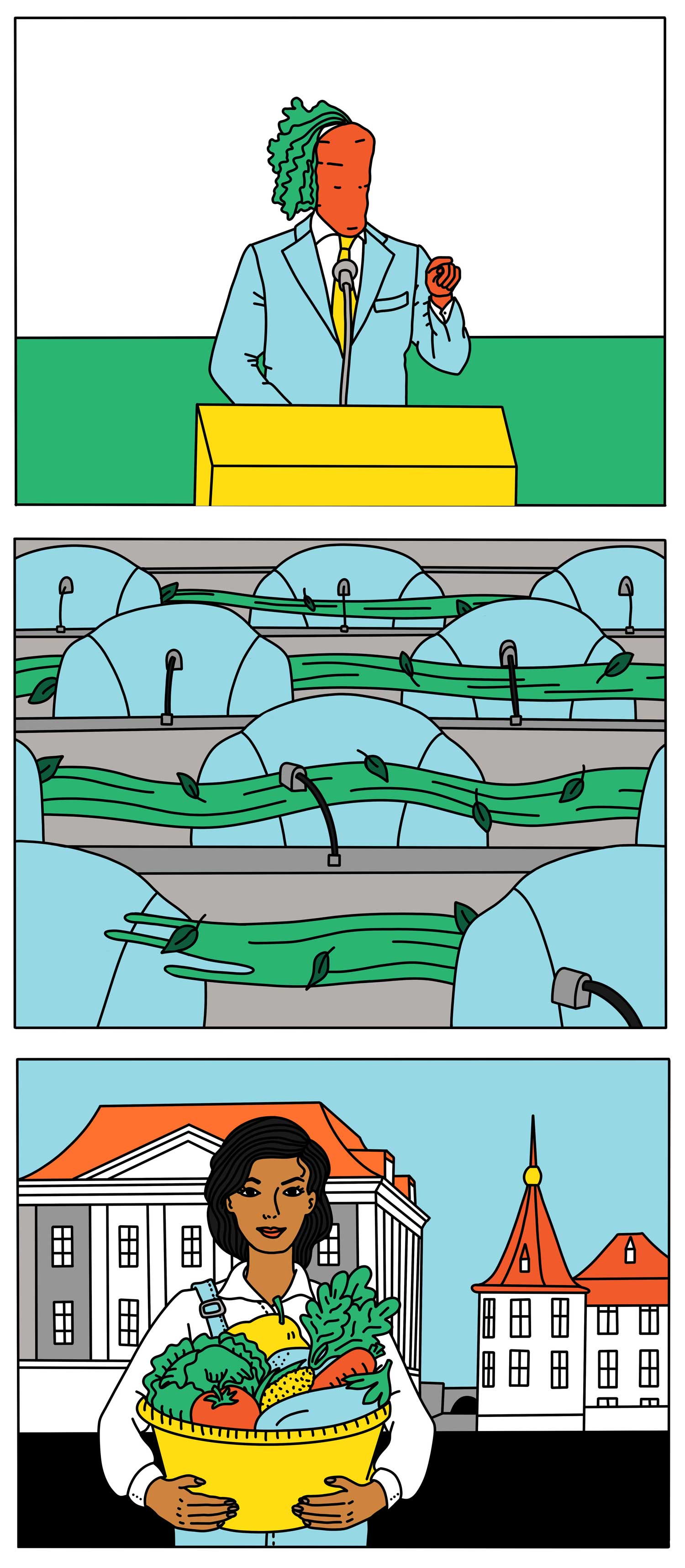
How much use is national food policy anyway?
So we have a solid European agricultural policy and a big pile of Dutch election programmes with concrete proposals relating to food. But is it actually useful to make that policy at the national level?
Because, let's be honest: the Netherlands may be an enormously important food and knowledge exporter, but it’s still just a tiny place in the world. We mustn’t forget that the choices we make here are always related to an international context. That’s why we prefer to make global agreements on subjects as large and complex as food, like the sustainable development goals and the Paris Climate Agreement.
Here in the Netherlands, for example, we may be able to introduce a strict zero-carbon agricultural policy, or ban marketing food products to children – but how do we then relate to the rest of the world? We live in a globalised society, in which many countries are mutually dependent. Dutch farmers produce largely for the world market, and our food environment is largely shaped by multinationals. You can say what you like about that, but you can’t change it with a Dutch policy alone.
Between local sustainability and global system change
The international context to which everyone, including the Netherlands, must relate makes designing food policy a complex task. But it also offers opportunities.
Globalisation sometimes seems like the answer to every difficult question. Maybe it’s why we don’t have an explicit food policy. We want to focus on local sustainability and zero-carbon agriculture, but these can’t be seen separately from the European and global community to which we relate. This is an advantage, but can also be a bottleneck. We can introduce strict sustainability rules in the Netherlands, but to keep the market fair, these must be coordinated with neighbouring countries. Otherwise, Dutch food might become more expensive and we might price ourselves out of the market compared to, say, Germany.
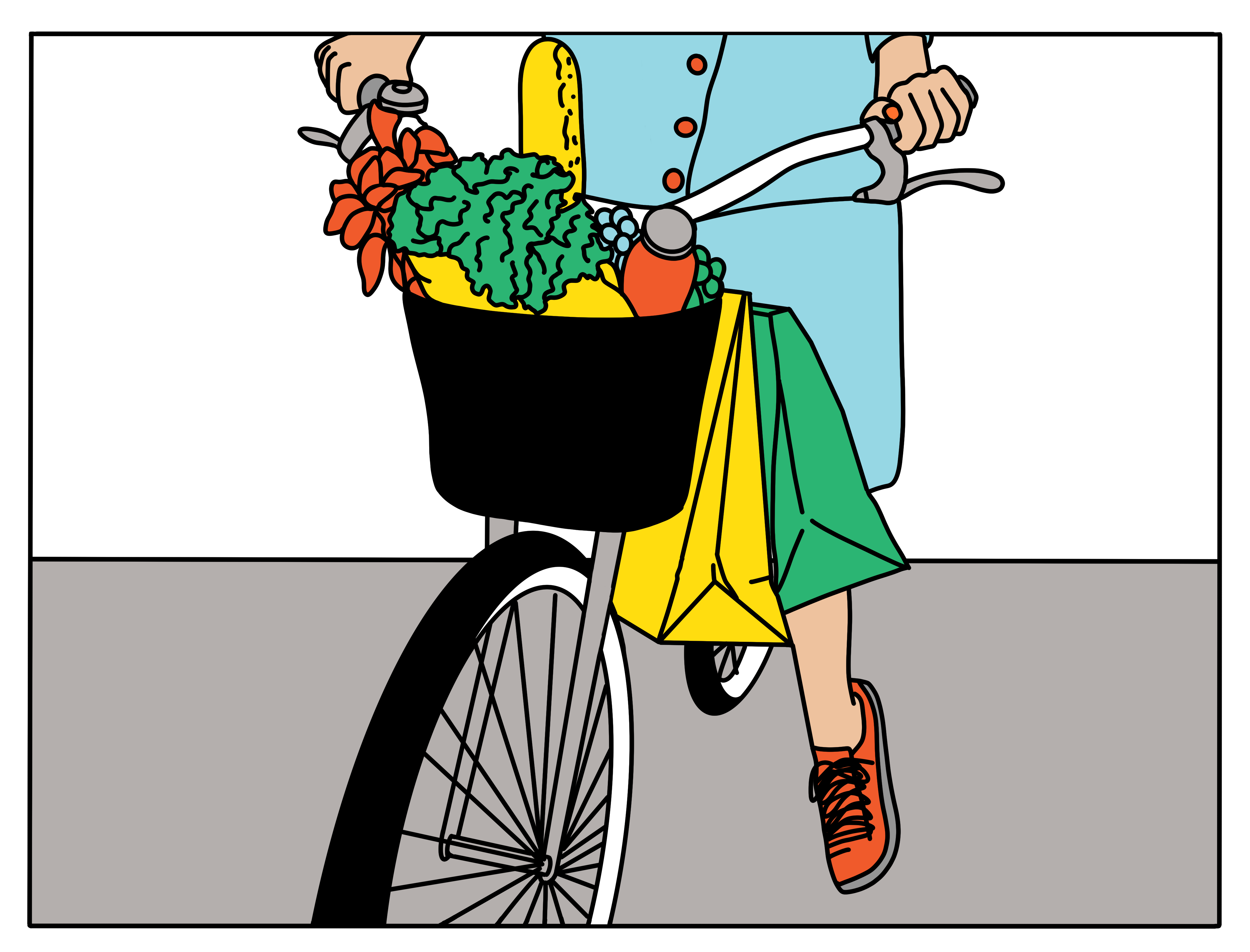
Short food chains
Don’t wait for left or right
Flevo Campus Think Tank
Enough theory – we’d like to show how Flevo Campus puts all this into practice. In early 2021, the fifth Flevo Campus Think Tank convened: an international group of young food changers who work together on solutions to a problem or question in the food chain. With the Dutch elections approaching, they decided that the question should be: what should the Dutch government do to become a leader in achieving the goals of the Paris agreement and the sustainable development goals? Their recommendations are below.
What is the Flevo Campus Think Tank?
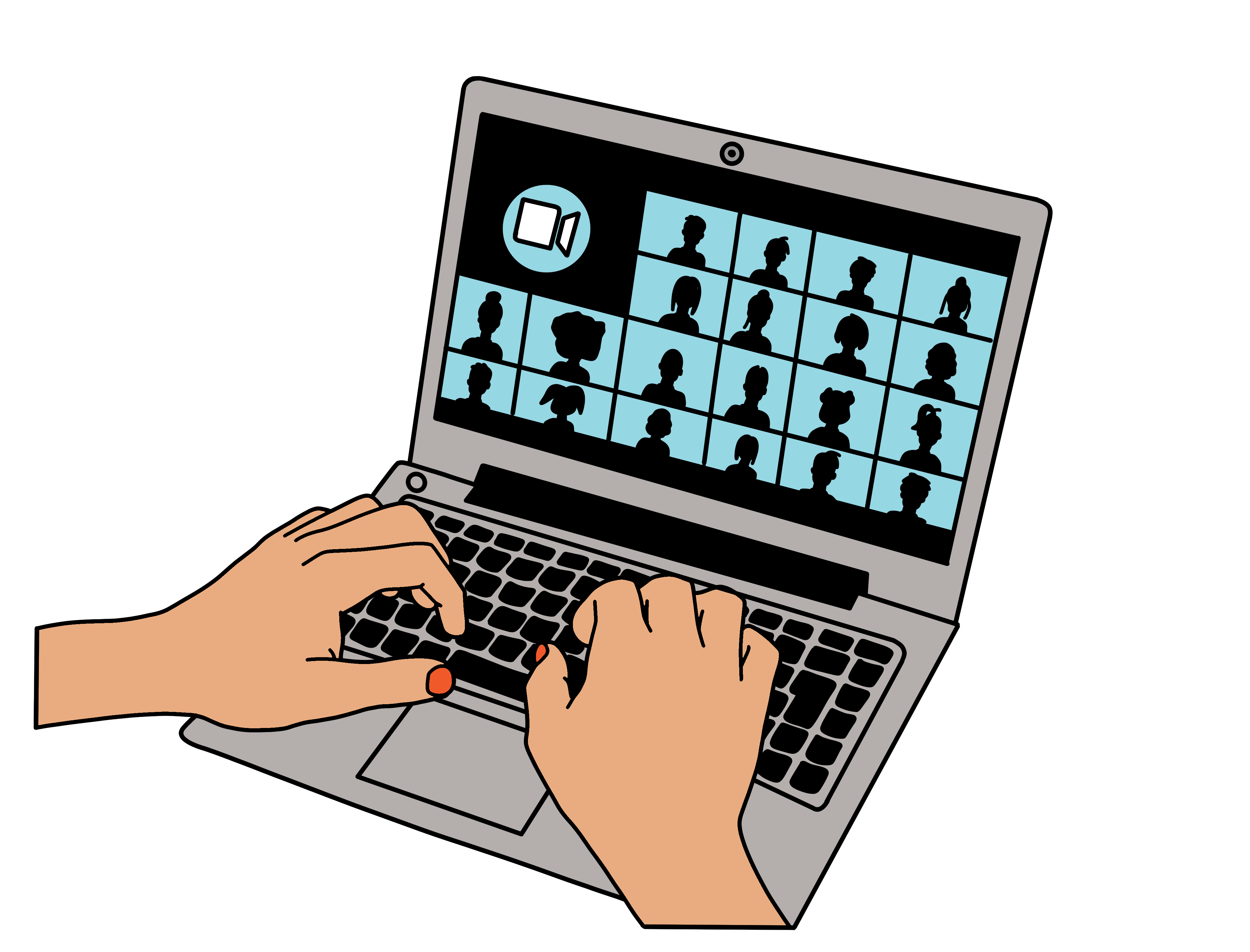
Recommendations for better food policy
Of course, the Netherlands is proud of its position: we’re often considered a front runner in the field of food and agriculture. But as this special feature shows, when it comes to the major climate goals, our food policy needs a lot more work. Following the 2021 election, the new government faces a large number of complicated and unresolved policy issues, including the ongoing Dutch nitrogen crisis.
In the meantime, the sustainable farming strategy launched by agriculture minister Carola Schouten in 2018 is still nowhere near concrete enough to serve as a basis for policy. We also have to deal with a pandemic that has affected everyone in the food chain. In other words, these are challenging times for Dutch food policy. How do we make policies that respect local challenges, recognise international dependencies, and serve as an example to the rest of the world? These are the recommendations of our Think Tankers:
Don’t forget the farmer
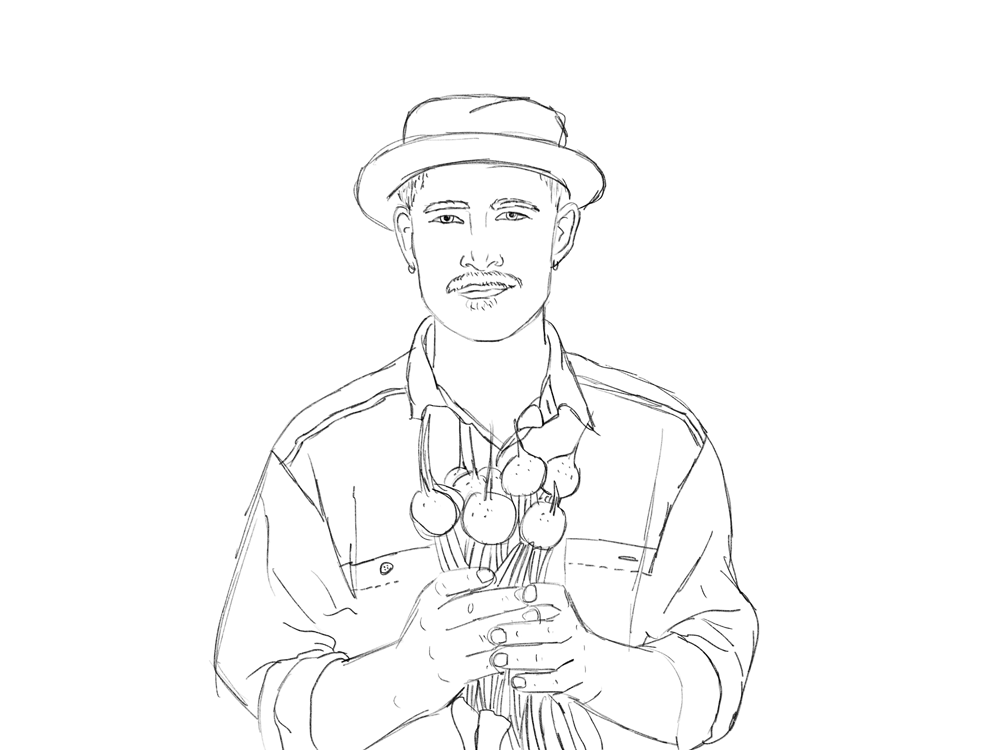
The socioeconomic position of farmers is important, and must always be part of food and agriculture policy. Farmers will go green, but only if they don’t have to go into enormous debt.
Food environment

There is a lot of room for improvement in our food environment. Researcher Sanne Djojosoepartoe mapped it, and wrote a report full of recommendations as to how government can make it healthier.
Long-term thinking
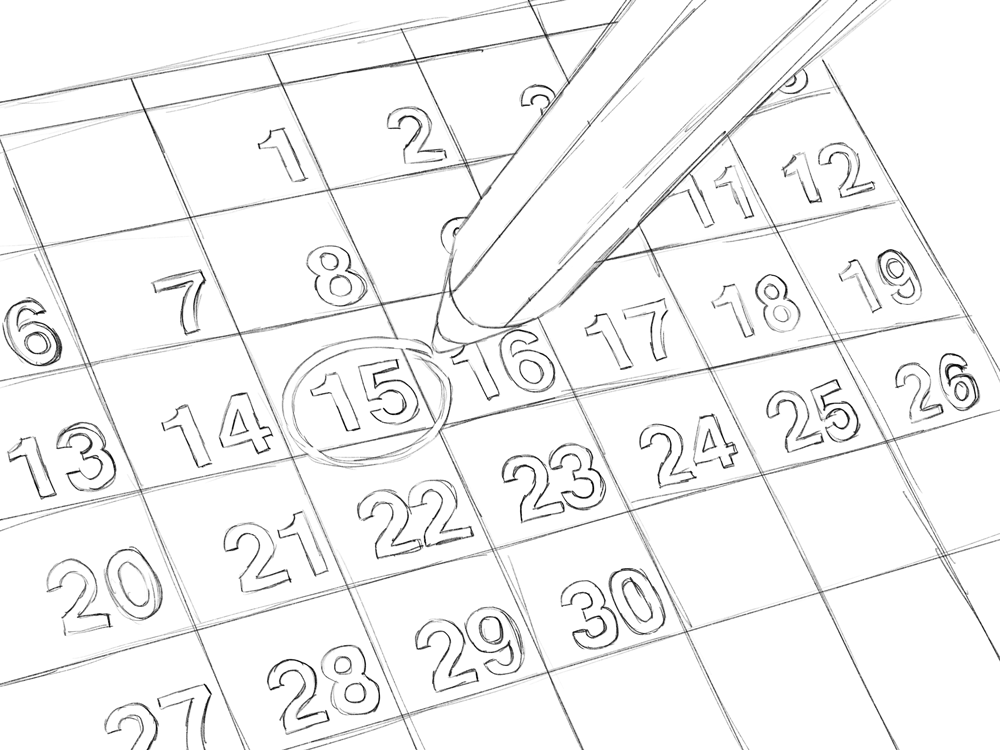
Our food policy is too important to leave to the political whims of a four-year government! The Think Tank is calling for a longterm policy that lasts more than one term.
In short
In this special feature, we’ve asked whether we need a Dutch food policy, who should make it, and what it should look like. We discovered that there is currently no explicit policy, because food is related to so many different factors, and our food system is connected to a global complex. This policy originates from different ministries, and implements European agricultural policy.
It would also be naive to make it specifically Dutch, because it will never make sense to confine it to this country’s borders. Even subjects such as zero-carbon agriculture, VAT on healthy or unhealthy products, and marketing to children are ultimately part of a larger European or global whole.
At the same time, we have seen that the political momentum for strong food policies is there. Even parties that normally avoid statements on food and agriculture advocated reforms of the sector during the March 2021 election. We probably have the corona pandemic to thank for the increased worldwide awareness of the importance of health, and therefore of healthy eating.
The 2021 Flevo Campus Think Tank has looked at the issue of food policy and made a number of recommendations in Dutch and English. Whether you’re a policymaker, farmer, or consumer, use them to your advantage.

